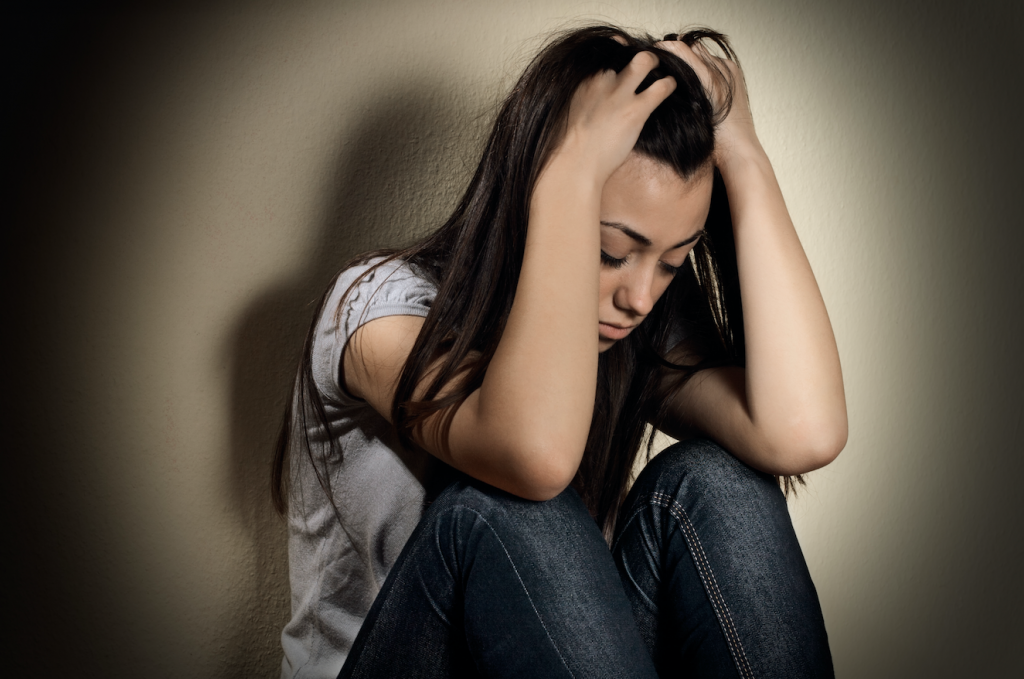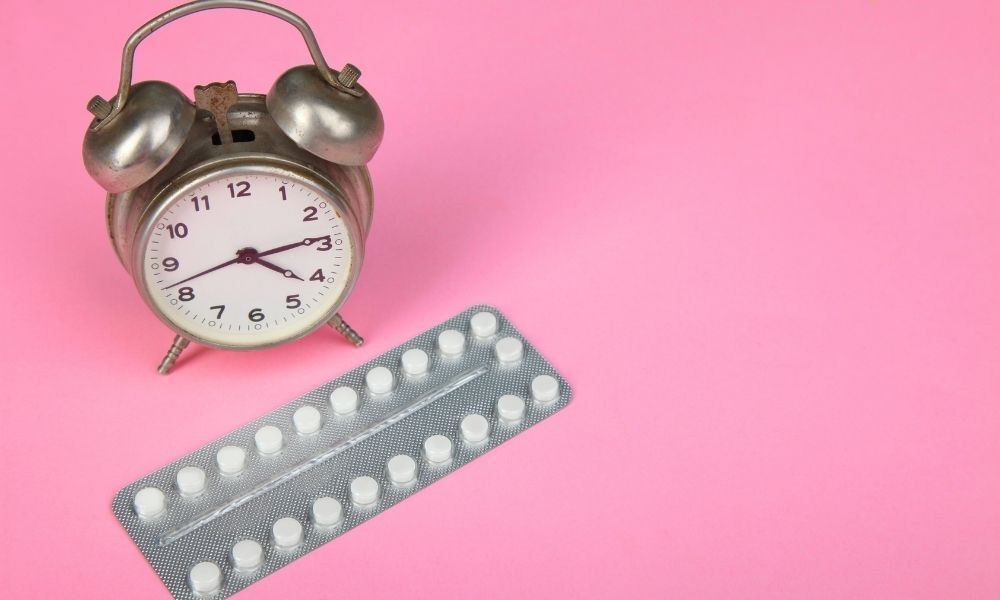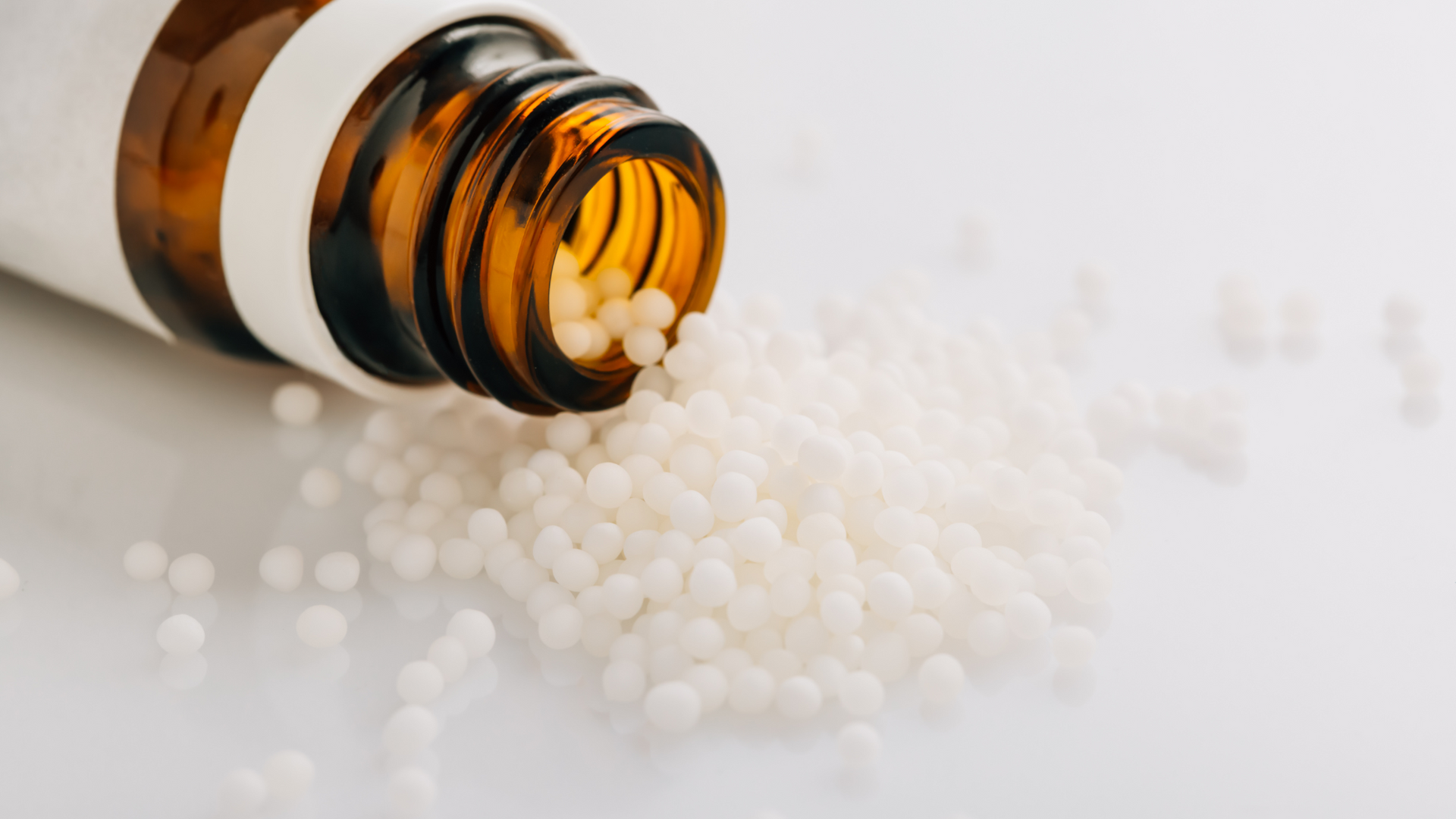A Long Term Solution to Depression with Homeopathy

We all have occasional bouts of feeling sad every now and then. However when sadness turns to apathy, loneliness, and withdrawing from life, it can become much more serious.
Depression is a serious condition that affects a person’s feelings, behaviour, thinking and energy. In Ireland depression affects 1 in 3 of us at some point in our lives with an estimated 400,000 people experiencing depression at any one time. (1).
According to the World Health Organisation , depression is the leading cause of ill health and disability worldwide. More than 300 million are now living with depression, an increase of 18% from 2005 to 2015. (2)
What is depression?
While the diagnosis of depression is becoming more and more common, the causes and onset are many and varied. Symptoms of depression can come on so gradually, that a person does not even realize that he/she is depressed. They may struggle with their feelings and try to keep busy. If left unresolved it can progress to feelings of being overwhelmed with concentration difficulties, sapped energy, disrupted sleep and a decrease in interest in work, family, sex, food and daily events. The person may feel isolated, hopeless and experience a loss of self-esteem.
It can also produce physical symptoms such as aches and pains, fatigue, irritability and weight loss or weight gain.
Causes of Depression
Sometimes there is an obvious reason for becoming depressed, such as a death, changes in a relationship, financial difficulties, loss of a job, illness, problems at work or school or some other stressful event. Sometimes the reason is unclear.
How can Homeopathy help with depression?
Conventional treatment of depression generally consists of drug therapy where prescription drugs are used to minimize symptoms. Counselling may also be recommended to help address underlying emotional issues. While medication can be a welcome respite, when emotions are suppressed over the years, if drugs are reduced or stopped the problem can often seem to reoccur with a vengeance keeping the person feeling very trapped in a vicious cycle.
Some people prefer natural remedies as an alternative to psychiatric drugs and the use of homeopathy for depression takes a completely different approach.
Homeopathy addresses the origin of the symptoms of depression rather than merely blocking or minimizing them. Because the root cause and symptoms of depression differ from person to person, the treatment focuses on the whole person and the complex causes which are producing depression as a symptom.
Homeopathic Remedies are individually prescribed
In the same way that no two people are alike, the causes and symptoms of depression are as unique as fingerprints. Therefore Homeopathy is unique for each individual and a remedy is selected based on each person’s personal needs. The homeopath listens in a non-judgmental way and is keen to understand how it started if known and how the person is affected on a day to day basis. They respect that this is a real illness affecting everyone differently and so want to hear each person’s unique experience.
Homeopathic Remedies used for Depression
There are hundreds of remedies that may be suitable for depression but here are a few to help explain variations.
Ignatia
This remedy is often selected following a recent depression after a loss, shock or heartbreak. They are inclined to “swallow their grief” and have a feeling of a lump in their throat that cannot be explained in any physical terms. Symptoms are contradictory such as throat pains which feel better when eating or swallowing.
Kali Phos
Depression with nervous exhaustion, following prolonged periods of mental strain, such as after a long study period, or after an acute illness especially the flu. Concentration is difficult, the memory is poor and the mind becomes exhausted and sluggish. The person may complain of headaches and insomnia and is overly sensitive to noise and light.
Natrum Mur
Depression is often felt and dealt with “silently” and often arises due to a bereavement, disappointment or betrayal. This person is of independent make up, pragmatic and practical and hides their sadness and resentment. They feels worse for sympathy or consolation and when depressed they wish to be left alone.
Pulsatilla
Depression following a loss, betrayal or jealousy, or around hormonal issues such as puberty, childbirth or menopause. The moods are very changeable in that the person will move quickly from depression to laughter and tears. They feel better for consolation, reassurance and after a good cry.
Homeopathic remedies are non-addictive
Homeopathy is a natural treatment using substances such as plants or minerals that have undergone a meticulous process of preparation. The remedy is administered in extremely small doses, is easy to take, is non-toxic and non-addictive. It is perfectly safe to take alongside conventional medicine, so homeopathic treatment can be carried out at the same time addressing underlying issues.
Peace, calm, happiness and well being
Homeopathy offers people the opportunity to find a place of peace, calm, happiness and well being because of its deep action. Emotional problems previously thought insolvable can be viewed in a more relaxed way with a greater acceptance of an imperfect world. Awareness grows and the resolution of underlying issues helps create a brighter frame of mind.
For Further Information Contact:
If you would like to find out more how I can help you, please feel free to give me a call on 086 0891037 (International +353 86 0891037), email me or book an appointment today.
Reference
Aware provides support services on depression including a local Helpline open 365 days per year 1890 303 302
Share














